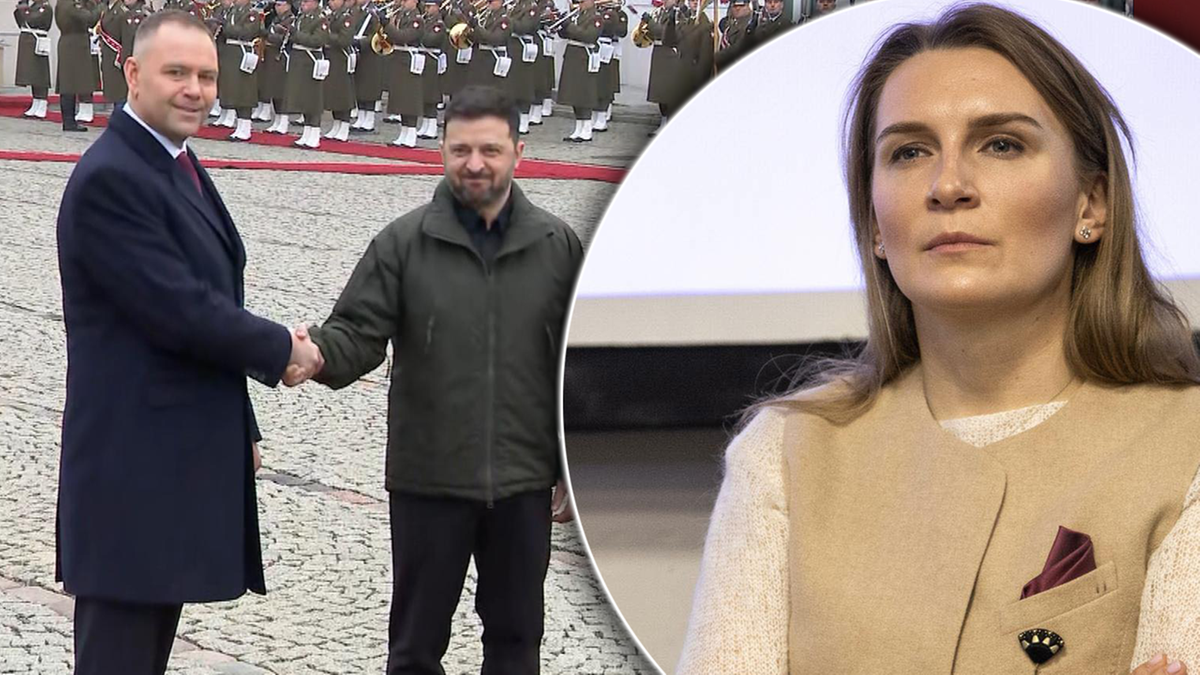UK national security adviser Jonathan Powell will join urgent talks in Geneva on Sunday to discuss Donald Trump's controversial 28-point peace plan for Ukraine, as Western leaders push back against proposals they say require "additional work."
The meeting brings together US, Ukrainian and European officials to review the plan, which was negotiated between Washington and Moscow largely without input from Kyiv or European allies. US Secretary of State Marco Rubio and special envoy Steve Witkoff are expected to attend for the United States.
Transport Secretary Heidi Alexander said allies need to «find a way to secure that ceasefire and open up space for meaningful negotiations.» She told Sky News: «We have been clear that there are elements of the peace plan that he has proposed that are essential for a just and lasting peace. It does require some additional work.»
The Plan's Demands
The 28-point blueprint includes significant concessions Ukraine has previously rejected. Kyiv would be required to limit its armed forces to 600,000 personnel, cede territory in the eastern Donbas region, and abandon its path to NATO membership.
Under the plan, Crimea, Luhansk and Donetsk would be recognized as de facto Russian, including by the United States. The southern regions of Kherson and Zaporizhzhia would be frozen along current contact lines. NATO would agree not to station troops in Ukraine.
In exchange, the plan proposes a US security guarantee and $100 billion in frozen Russian assets dedicated to rebuilding Ukraine. Russia would be reintegrated into the global economy and invited to rejoin the G8.
Western Leaders Express Concerns
Prime Minister Keir Starmer voiced particular alarm over military limits, speaking in Johannesburg. «We are concerned about [caps on military], because it's fundamental that Ukraine has to be able to defend itself if there's a ceasefire,» he said.
G20 leaders issued a joint statement on Saturday calling Washington's plan "a basis" that «requires additional work.» French President Emmanuel Macron warned: «There are many things that cannot simply be an American proposal, which requires broader consultation.»
German Chancellor Friedrich Merz stressed the stakes for Europe. «If Ukraine loses this war and possibly collapses, it will have an impact on European politics as a whole, on the entire European continent,» he said. He added: «There is currently an opportunity to end this war, but we are still quite a long way from a good outcome for everyone.»
Kyiv Faces Pressure
Ukrainian President Volodymyr Zelensky insisted in a video address that his negotiators would protect national interests. «Real peace is always based on security and justice,» he said.
Trump initially demanded Kyiv respond by Thursday but has since signaled flexibility. Outside the White House on Saturday, he told reporters: «We'd like to get the peace, it should've happened a long time ago. The Ukraine war with Russia should've never happened. If I was president, it would have never happened. We're trying to get it ended. One way or another, we have to get it ended.»
When asked whether his proposals are final, Trump said "no."
UK's Role
Alexander defended Britain's diplomatic influence despite questions about whether Washington consulted London before drafting the plan. «Our relationship with the US is one of seeking to influence to facilitate that dialogue with other global leaders,» she said.
Starmer spoke with both Trump and Zelensky on Saturday. The two leaders agreed their teams would work together on the peace proposal, according to Downing Street. They are scheduled to speak again on Sunday.
The Sunday talks will see national security advisers "go through quite a bit of detail," Starmer said. The inclusion of an Article 5 security guarantee—NATO's mutual defense provision—is understood to be seen as "integral and significant" to Washington's plan.
Note: This article was created with Artificial Intelligence (AI).





